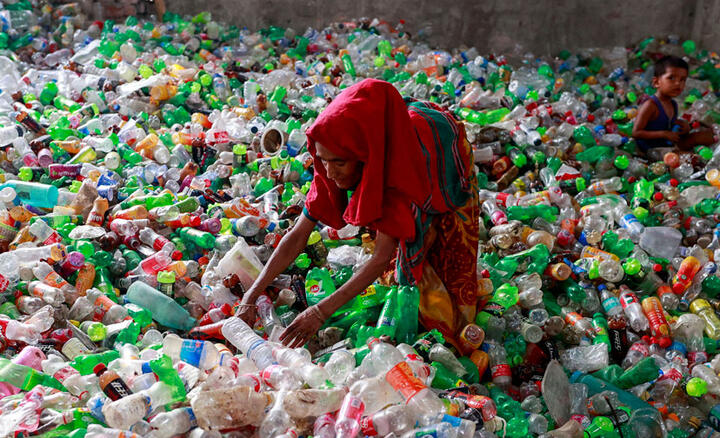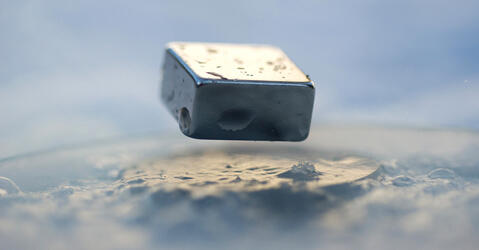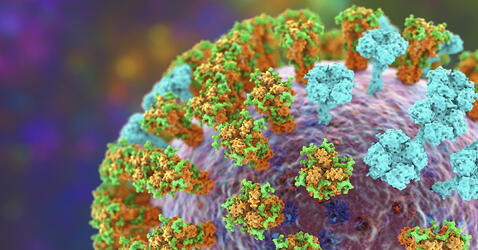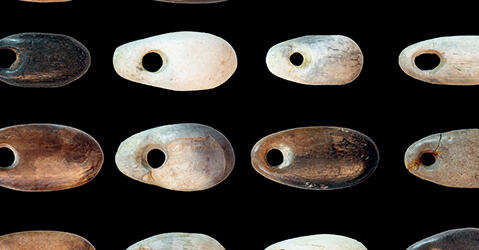You are here
Matter
In August 2025, the Geneva Summit on plastic pollution once again failed to reach agreement on an international treaty, due in particular to a lack of consensus over recycling and its limits. This issue was the subject of a recent collective scientific...
Article
10.27.2025
The early 20th-century artist Robert Delaunay began painting at a pivotal moment in art history, namely during the chemical industry revolution, when the number of pigments available on the market increased. Today scientists are trying to solve the mystery of...
Slideshow
07.17.2025
Sand patches dot beaches and deserts, but their origin remains an enigma. Using measurements taken in the desert, physicists have created a model that explains how they form, with a few surprises into the bargain.
Article
07.07.2025
The metabolism of astronauts, the behaviour of plants, the reactions of living beings to radiation and of foams to weightlessness… The International Space Station does not only observe Space, as evidenced by the following four experiments.
Article
03.26.2025
Article
11.21.2023
Superconductivity is the property of certain materials that can conduct electric currents with no resistance. This quantum phenomenon is still shrouded in mystery, and until now has been limited to...
10.30.2023
Glycobiology, or study of the biological functions of saccharides, is a fully fledged research field that could one day lead to novel treatments for infections.
10.26.2023
The Natufian culture developed between 13,000 and 9,650 years ago in northern Israel, on the eastern coast of the Mediterranean. Recent discoveries suggest that these hunter-gatherers used red...





